The Advertising Regulator Struggles with Homeopaths
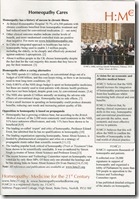 Last year, the homeopathic lobby group H:MC21, spent a significant sum of money by placing a full page advert in New Statesman magazine.
Last year, the homeopathic lobby group H:MC21, spent a significant sum of money by placing a full page advert in New Statesman magazine.
The advert appeared to be calling for more NHS funding for homeopath whilst giving misleading information and denigrating critics of this quackery.
In the Telegraph, Christine Odone wrote about her old magazine sinking to plugging nonsense,
The pages once graced by George Orwell and George Bernard Shaw now feature a catalogue of factoids about the adverse side-effects of conventional drugs and the NHS’s wrong priorities.
Professor Edzard Ernst, one of the academic researchers attacked in the advert, responded with an article in New Statesman,
Rarely had I seen an advert so inaccurate and borderline libellous in a respected publication. The advert, which appeared to breach the British Code of Advertising, was by a lobby group called Homeopathy: Medicine for the 21st Century (H:MC21).
It contained unjustified attacks on myself and colleagues, including statements that gave a dangerously false impression of homoeopathy’s therapeutic value.
I complained about this advert to the Advertising Standards Authority and encouraged others to do so. I specifically complained about each statement made in the advert to ensure the fullest adjudication was made. Five other complaints were received.
It has taken almost a year for the ASA to adjudicate on the advert and the reasons for taking so long are worth exploring. Their deliberations are now published.
In total, twelve specific issues were looked into by the ASA. The ASA upheld seven of these points as breaking the British Code of Advertising Practice.
Most importantly, the ASA ruled that,
- The homeopaths could not supply sufficiently robust evidence to to show that homeopathy was superior to a placebo and there was a lack of evidence to support claims of efficacy.
- That the much touted Spence study of patients at Bristol Homeopathic Hospital did not show that patients’ improvements was directly relate to homeopathic treatment.
- That the homeopaths were misleading people when they claimed more trials of homeopathy were positive rather than negative.
- That the recent Cuban leptospirosis homeopathy trial could not show that reductions in disease were attributable to homeopathic treatment.
- There was no evidence that homeopathy could treat chronic disease and that increasing funding for homeopathic treatment would result in increased benefits.
- That the homeopaths claims that charity Sense About Science relied on ‘propaganda stunts’ and had ‘no scientific credibility’ could not be substantiated and was misleading.
- That claims that Ernst and Singh’s Book Trick or Treatment was ‘scientifically flawed’ was the the opinion of HMC21 and this did not in itself substantiate this claim.
A number of points were not upheld, most significantly that the denigratory attacks against Professor Ernst and Evan Harris did not fall within the British Code of Advertising list of parties that you could not denigrate (It would appear, according to the ASA, that academics and MPs are fair game, but producers of competing products are not.)
It has taken almost a year to conclude this. And the main reason is that H:MC21 fought tooth and nail on each point, never letting an interim judgement go by without challenge. And there were many interim judgements.
Indeed, the amount of material thrown at the ASA must have been huge. I have written about some of the peurile and voluminous material used against Ernst and Singh by a central member of this lobby group.
Now, the Society of Homeopaths are very clear about how their members should behave. Their code of ethics states,
38 All advertising must be published in a way that conforms to the law and to (the guidance issued in the British Code of Advertising Practice).
39 Professional advertising must be factual and not seek to mislead or deceive, or make unrealistic or extravagant claims. Advertising may indicate special interests but must not make claims of superiority or disparage professional colleagues or other professionals. No promise of cure, either implicit or explicit, should be made of any named disease. All research should be presented clearly honestly and without distortion, all speculative theories will be stated as such and clearly distinguished.
It is quite clear that the authors of this advert have ignored the BCAP, have not been factual, have been misleading, have made claims of superiority, have disparaged other professionals and made implicit and explicit promises of cure for named diseases.
One would have thought that the authors would be immediately removed from their register.
Who was behind this advert?
The founder of the H:MC21 lobby group was William Alderson. At the time of publication, Alderson was a director of the Society of Homeopaths and was Chair and Treasurer of H:MC21. But very quickly that changed. When it became clear that a director was likely to be subject to intense scrutiny by the ASA, his name disappeared from the list of directors. Soon after, Companies House showed that his directorship had been terminated. Whether he was pushed or decided to step aside is not clear.
He also stopped his official roles at H:MC21. Although his LinkedIn profile still lists him as a “Special Consultant”.
If the Society of Homeopaths do decide to take action, then now it will not be against one of their own directors. But, as we know, the Society do not enforce their code of conduct, so I doubt Alderson will need to worry
At present, many more homeopaths are now being scrutinised by the ASA. This is as a result of the Nightingale Collaboration’s campaign to highlight how widespread misleading claims are about homeopathy on practitioners’ web sites.
The ASA has been inundated and has asked that further complaints are not made until progress is made. Last month, the ASA issued specific guidance to homeopaths on how to comply with the CAP code. In that guidance, they state,
To date, the ASA has have not seen persuasive evidence to support claims that homeopathy can treat, cure or relieve specific conditions or symptoms. We understand this position is in line with other authoritative reviews of evidence.
We therefore advise homeopathy marketers to avoid making specific claims of efficacy for treatments where robust evidence is not held to substantiate them.
The ASA have a job ahead as there are many homeopaths who have refused to comply with these instructions and continue to make specific claims. Indeed, even the Society of Homeopaths maintain a list of conditions that it believed homeopathy can help, in apparent breach of these CAP guidelines and even its own code of conduct. I expect many homeopaths will be defending their delusions as hard as H:MC21 has done.
It would appear the homeopaths do not care to much about what the ASA have to say. Why is this?
The ASA is not a statutory body, but an industry funded self-regulator. As such, it has been largely successful in ensuring that advertising in the UK is legal, decent and truthful. It has managed to regulate advertisers without involving criminal sanctions which would be costly and damaging to all involved. Indeed, because of the ASA, a CEO of a company might be sent to prison for misleading their investors in the City, but is very unlikely to even get a fine for misleading their own customers in an advert.
But the ASA only works because of the fear of adverse publicity from ASA adjudications, peer pressure from other advertisers, and fear of sanction from their own trade bodies.
In large companies, there will be marketeers and PR people weighing judgments between the capacity for an advert to increase sales and its capacity to harm their credibility, customer goodwill and their share price.
But homeopaths do not suffer from these pressures. Most homeopaths are small traders and an ASA adjudication is likely to go unnoticed by their clients, and will almost certainly be ignored by the wider media. Homeopaths’ peers share their mind-set of hostility to outside authorities that threaten their beliefs, and so an adjudication might even be seen as a badge of honour by their peers. And a homeopath’s trade body has no intention of bringing sanctions when the trade bodies themselves break the CAP guidelines.
Just as the Press Complaints Commission did not have the peer support of other newspapers to manage the excesses of the trade, so too the ASA does not have the support of other alternative therapists in order to police the claims of alternative medicine. The PCC is finished after the phone-hacking scandal. It has been seen to be toothless and craven. A tougher regulator is needed and will emerge. And so too, it is possible that the mass of homeopathy complaints will expose the weaknesses of the ASA in ensuring misleading quack medicine advertising is not published.
That is, unless they get tough very soon, and get the co-operation of other authorities who have real teeth –such as Trading Standards and the Medicines Regulator. This is within their powers and they should not hesitate. How many homeopaths will persist in their obstinacy when a criminal record is on the cards? A few well chosen examples could be made that could clear up this problem very quickly.
It is a shame that the very British style of low key regulation, that appears to work so well for most of industry (bar a few budget airlines – who also relish being bad boys), may be damaged by the cults of alternative medicine. The problem arises as authorities treat these cults as serious businesses that can be regulated as normal rather than deluded and dangerous fools, or worse, deceptive charlatans. The ASA works because regulators and business share a common world view. This is not the case with homeopaths and other pseudoscientific therapy cults.
Whether Trading Standards and the MHRA have what it takes to manage these claims remains to be seen. So far, their track record has been abysmal. The ASA have shown their credibility in assessing claims, but have not been able to easily enforce adjudications with such advertisers by striking the necessary fear and shame. A partnership is required. Watch this space.
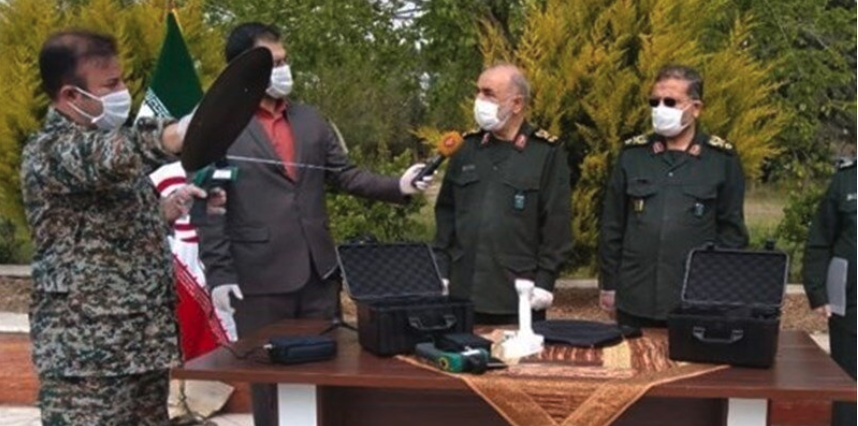
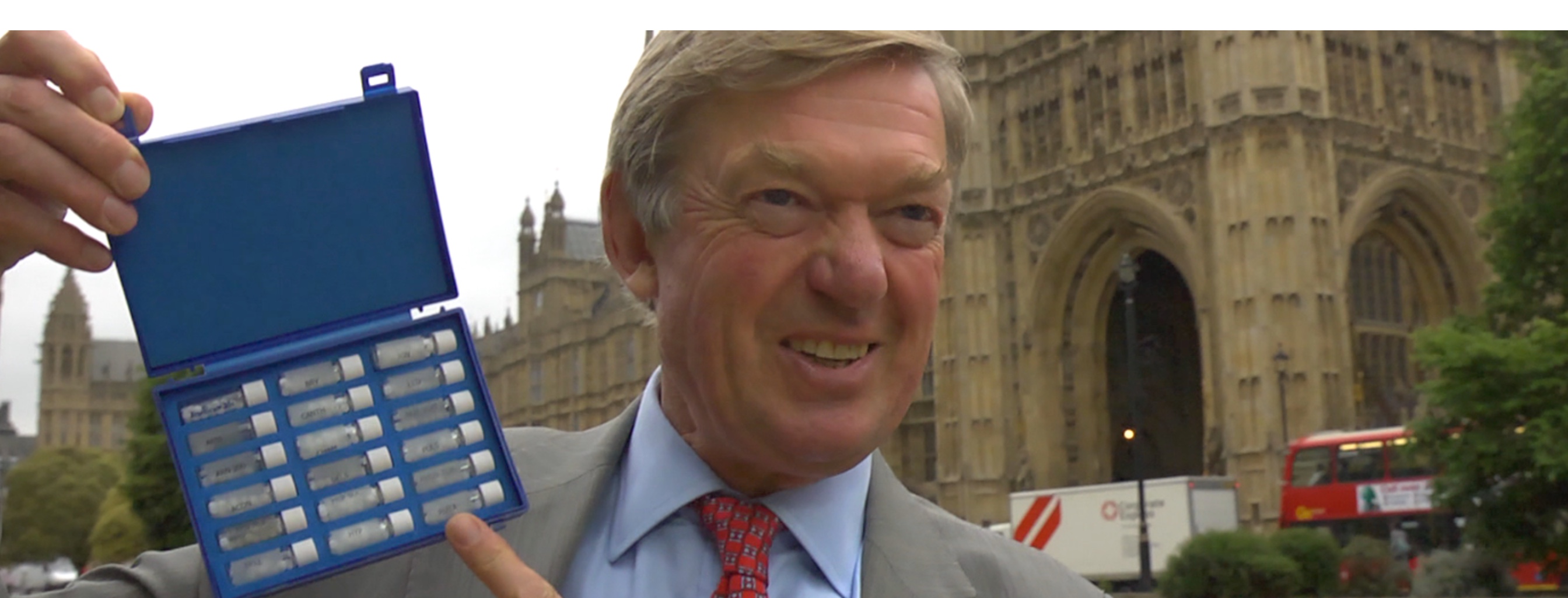
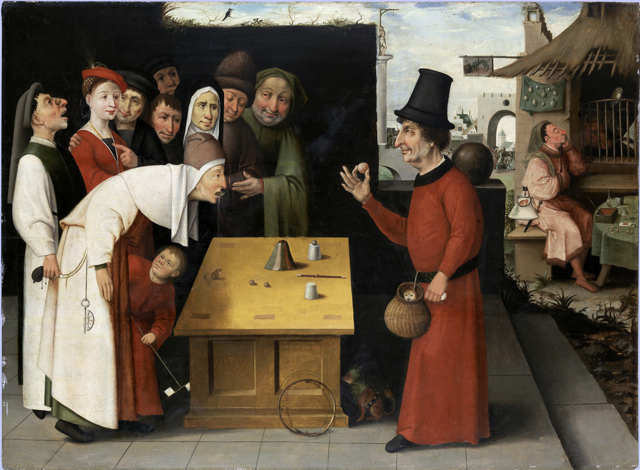

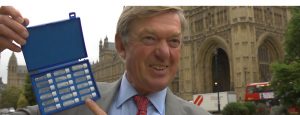



10 comments